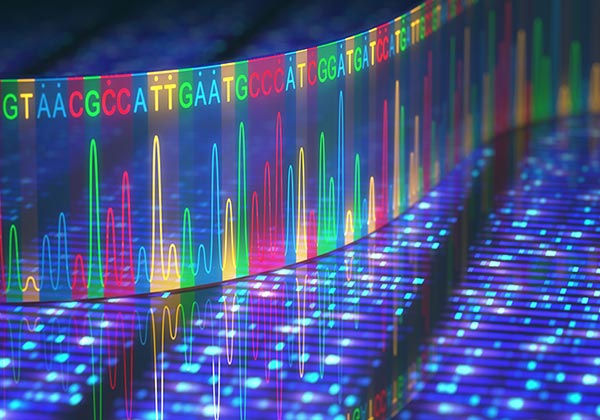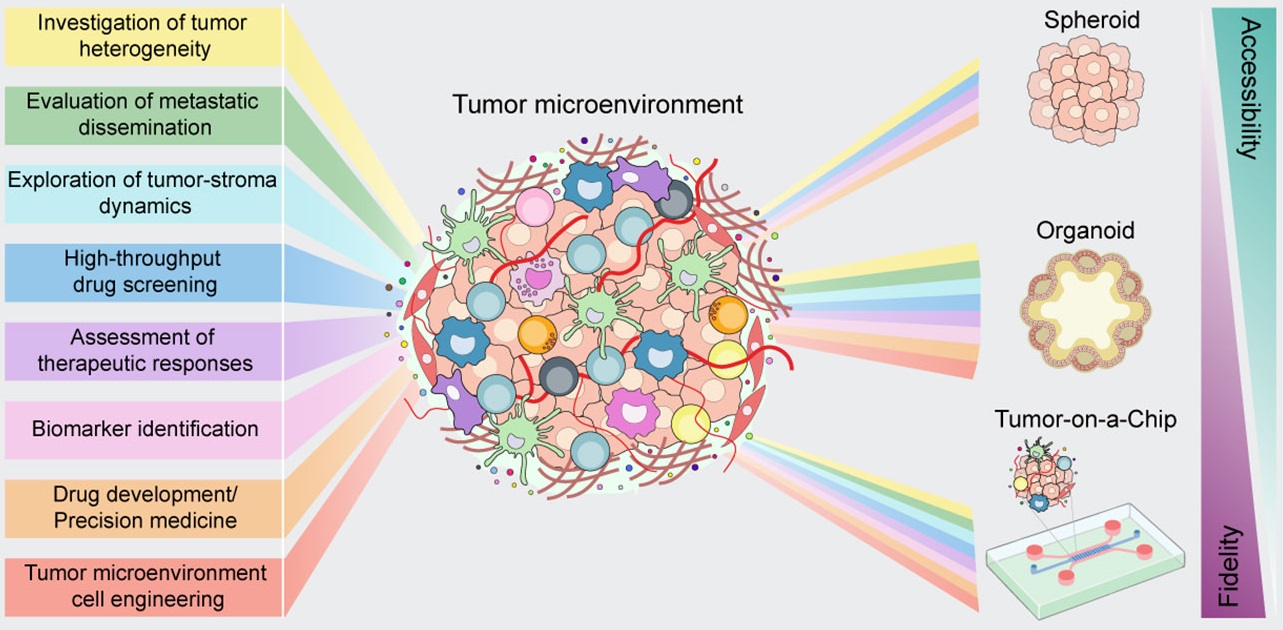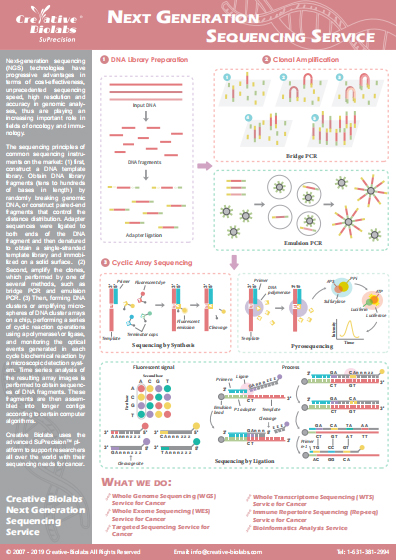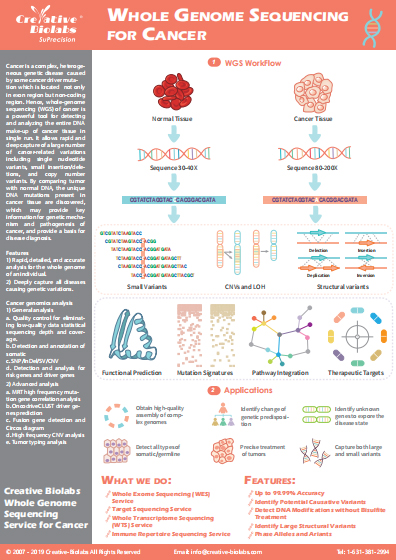
Cancer 3D Model Development Service
Patient-derived tumor 3D models can mimic the complexity of the tumor microenvironment, which provides valuable tools for anti-tumor drug testing and screening in vitro. Creative Biolabs offers the best services of cancer 3D model development based on a first-in-class 3D culture system. Our cancer 3D models enable to more accurately recapitulate tumor architecture and biology in vivo, which can be used for anti-tumor drug screening and toxicity testing. Our superior services will accelerate your drug development process in a high-efficient and low-cost manner.
Introduction of Cancer 3D Model
Cancer 3D models are designed to model the tumor phenotypic and cellular heterogeneity as well as microenvironmental aspects of in vivo tumor growth. Compared to 2D cell cultures, 3D models more closely resemble the complexity and heterogeneity of clinical tumors as in vivo tumors grow. 3D cell cultures have been revealed to possess several in vivo tumor characteristics, such as cell-cell interaction, hypoxia, drug penetration, response, and resistance as well as production/deposition of extracellular matrix. Furthermore, histological analysis and DNA sequencing indicate tumor organoids share a high degree of similarity in mutational profile and morphology to the original patient tumor. In view of these features, cancer 3D models have been explored as effective tools for cancer research. They are now applied for investigation of the pathological process of human cancers, in vitro anti-tumor drug screening, and testing drug efficacy and toxicity.
Tumor organoids derived from large numbers of patients can generate large and well-characterized biobanks including the entire spectrum of molecular subtypes for each tumor type, which provides opportunities for large-scale drug screening. Furthermore, patient-derived tumor organoids lend themselves for a drug-sensitivity comparison with the individual patient responses. In addition, in the absence of regular treatment options, patient-derived tumor tissue has the potential to select treatment options for individual patients.
 Fig 1. Cancer 3D model applications.1
Fig 1. Cancer 3D model applications.1
Types of Cancer 3D Model
Equipped with rich expertise in 3D cell cultures, we can offer two prominent patient-derived 3D tumor models, organoids and spheroids, based on scaffold-based and scaffold-free culture systems.
- Tumor Organoids
Tumor organoids are most frequently grown on a scaffold-based system. They are typically derived from a single adult stem cell, embryonic stem cell, induced pluripotent stem cells (iPSCs). Patient-derived tumor organoids more closely recapitulate the complexities of original cancer tissue, thus providing a powerful platform for drug discovery.
- Tumor Spheroids
Tumor spheroids, also known as tumor spheres, are established from tumor cells alone or in combination with other cell types. They are applied for evaluating cancer stem cells (CSC)-related characteristics and high-throughput drug screening, especially screening drugs that specifically target CSCs.
Features
- Cutting-edge 3D culture system
- Excellent expert team providing optimal culture solutions
- End-to-end services removing your confusion
- Shorter experimental cycle accelerating your project success
Creative Biolabs is committing to provide the best services for cancer 3D model construction from pre-project consultation to final reliable model delivery. Our capacities include the establishment of a variety of tumor model types such as colorectal, pancreas, stomach, prostate, and breast cancers as well as drug screening and efficacy testing based on tumor model. If you are interested in our services, please don’t hesitate to contact us for more details.
Reference
- Manduca, Nicoletta, et al. "3D cancer models: One step closer to in vitro human studies." Frontiers in Immunology 14 (2023): 1175503. Distributed under open access license CC BY 4.0, without modification.




